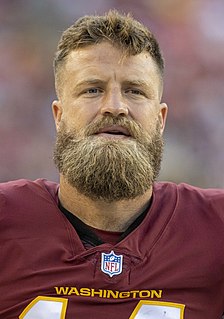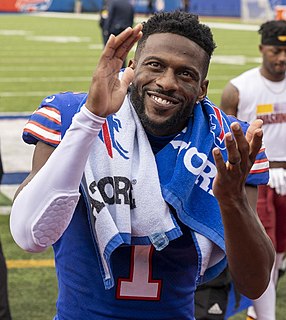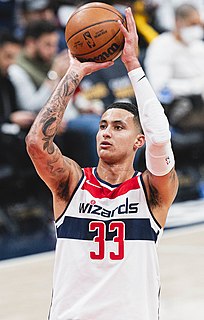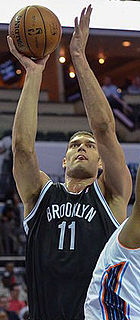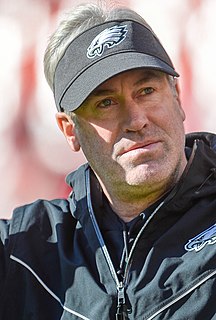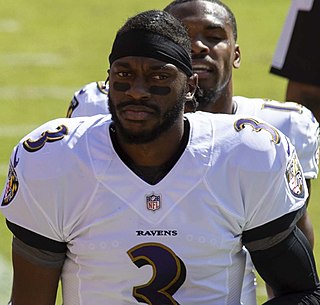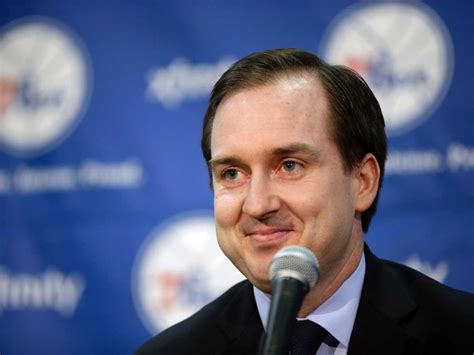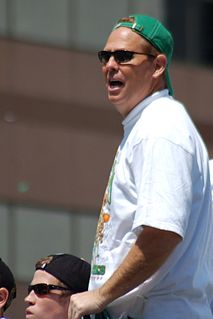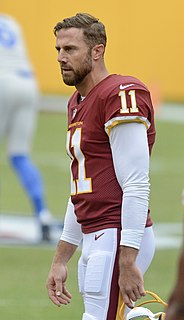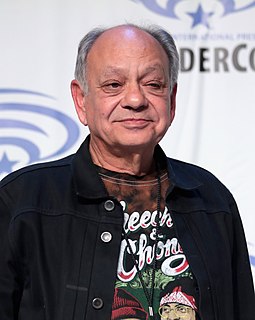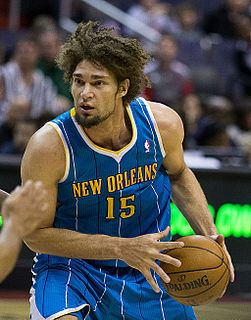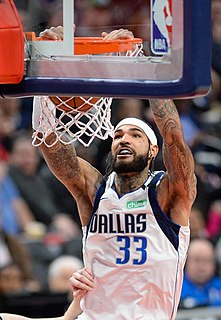A Quote by Ryan Fitzpatrick
I've been a lot of places and worked with a lot of different guys. High draft picks. Low draft picks.
Related Quotes
Almost all good writing begins with terrible first efforts. You need to start somewhere. Start by getting something-anything-down on paper. A friend of mine says that the first draft is the down draft-you just get it down. The second draft is the up draft-you fix it up. You try to say what you have to say more accurately. And the third draft is the dental draft, where you check every tooth, to see if it's loose or cramped or decayed, or even, God help us, healthy.
People would be a lot more skeptical if they understood that there is an incredible amount of chance in the results that you observe for active managers. So the distribution of outcomes is enormously wide - but that's exactly what you'd expect by chance with lots of active managers who hold imperfectly diversified portfolios. The really good portfolios contain a lot of really lucky picks, and the really bad portfolios contain a lot of really unlucky picks as well as some really bad ones.
